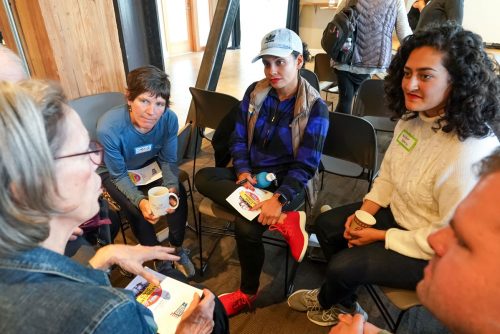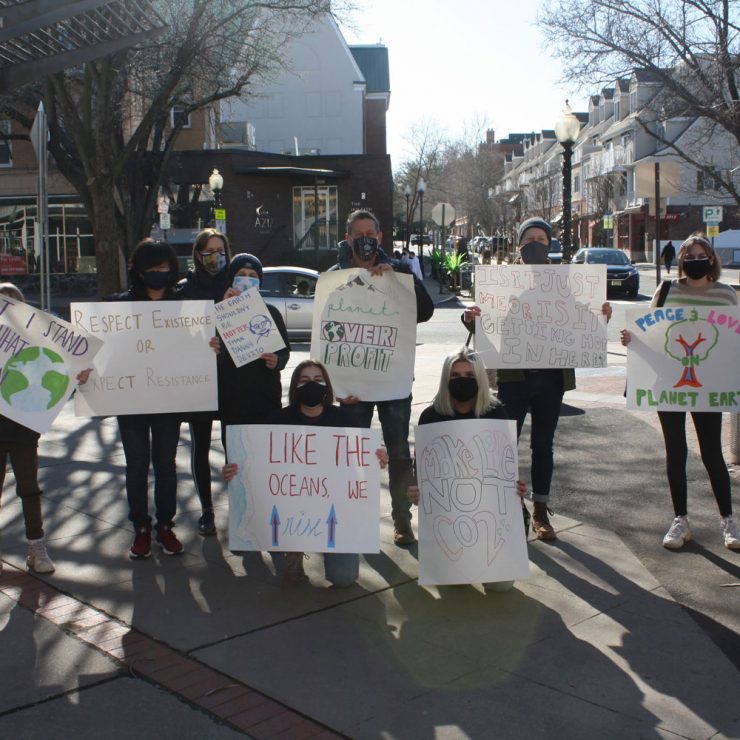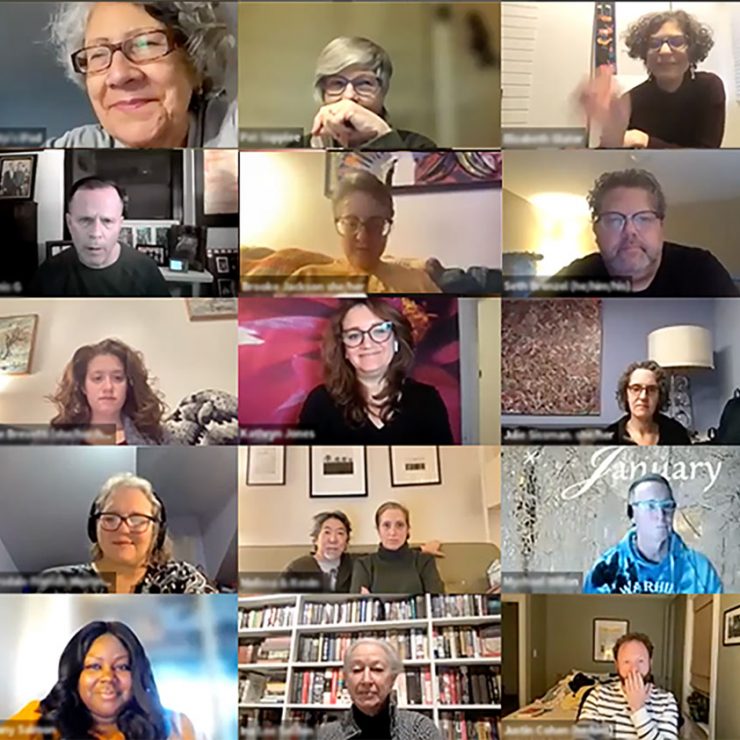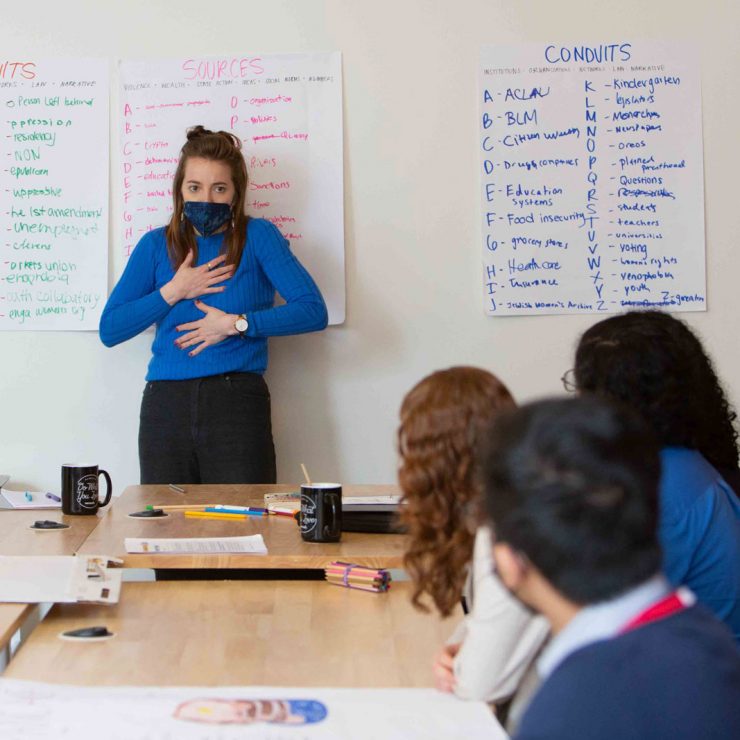Our mission is to build a culture of powerful, responsible citizenship. But what does citizenship really mean in this case?
We’re talking about citizenship in the deep ethical sense, as the way we show up for our community — not just what passports or papers we may have. Citizenship is about participating and taking responsibility for the good, the bad, and the ugly of our society. It’s about practicing civic power and cultivating civic character.
In short, we believe that citizenship = power + character.
Demystifying power
Simply put, power is the capacity to have others do as you would want them to do. It sounds menacing, doesn’t it? Maybe a little Machiavellian? Many people don’t like to talk about power — it can feel overwhelming and scary.
But the reality is that power is no more inherently good or evil than fire or physics. It just is — and it depends on how you use it.
In the US, power shows up in many ways — from social norms to state action. It governs how any form of government operates, whether a democracy or a dictatorship. And so civic power is the ability to have others do as you want in public life. Power that can make things move in the civic arena.
Watch this short video on the six sources and three laws of power…
The problem we face today, here in America in particular, but all around the world, is that far too many people are profoundly illiterate in power — what it is, who has it, how it operates, how it flows, what part of it is visible, what part of it is not, why some people have it, why that’s compounded.
Here’s why it’s crucial that ordinary people need to understand power…
A crucial ingredient: civic character
Here’s the thing about power: if all you have is power, but no moral compass, you’re just a highly skilled sociopath.
A lot of times when we hear the word character, we think about individual virtue. Words we would use to describe someone who is a good person: honest, hard-working, etc.
But when we use the term civic character, we’re talking about character in the collective.
Civic character is all about how we live together in public life and act in service of the common good.
You may have heard the phrase, character is what you do when no one is looking. Well civic character is what you do when everybody’s looking.
Civic character and a commitment to civic morality are what we need, in order to use and practice power towards the common good. It’s consciously influencing how we use our civic power as citizens.
Our civic character determines how you live and act in public. How do you behave in community? How do you hold together a community?
Civic character is crucial because society becomes how you behave.
Putting it all together
If you only have civic character — a sense of our interdependence and commitment to the common good — but no civic power, how much of an impact can you really make?
And if you’re using or hoarding resources and civic power, but are not acting with a clear sense of civic character, you can create real harm in other people’s lives — intentionally or unintentionally.
So think about this in your life? What’s a way you exercise your civic power? How do your values translate into public action?
When we each consciously embrace our character and activate our power, that’s when each of us are truly living like citizens.




